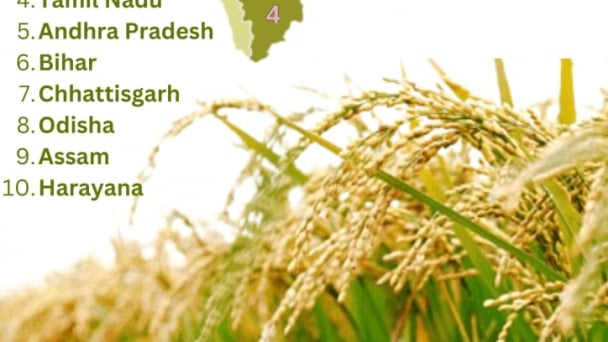June 22, 2025 | 18:42 GMT +7
June 22, 2025 | 18:42 GMT +7
Hotline: 0913.378.918
June 22, 2025 | 18:42 GMT +7
Hotline: 0913.378.918
Argentina is expected to produce more soybeans in 2024-25 but the crop faces “several complex challenges and opportunities shaped by weather, economic pressures, and production practices,” according to a report from the Foreign Agricultural Service (FAS) of the US Department of Agriculture.
Soybean production is estimated at 52 million tonnes, up from 49.5 million tonnes last harvest. Producers are shifting to more soy away from corn over fears of the impact of corn stunt, continued low prices, and expected dry conditions, the FAS said.
Higher than expected average temperatures could compromise soil moisture and reduce yields, further complicated by soil moisture deficits that delayed early planting in some regions, it said.
Economic factors will also tip farmers' decisions toward soy, with production costs for soybeans significantly lower than for other crops.
Due to a recent shortage of high-grade seed stock on the market farmers are lowering planting densities to allow each seed more room to germinate but will likely lower total yields, the FAS said.
“Overall, the combination of environmental, economic, and technical challenges paints a complex picture for Argentina's soybean sector in 2024-25,” the FAS said. “While increased acreage and technological advancements may support production, the adverse weather and compromised seed quality may prevent yields from reaching their full potential, and the financial strain on producers remains significant.”
Crush is expected to increase slightly from 41.5 million tonnes to 42 million tonnes.
“Argentina’s soybean crush industry has seen a resurgence in activity this year due to increased domestic soybean production and a steady flow of imports, primarily from Paraguay,” the FAS said.
(WG)

(VAN) Last week, the U.S. Department of Agriculture (USDA) released its June World Agricultural Supply and Demand Estimates (WASDE), raising projections for both Indian rice production and U.S. rice imports for the 2025/2026 marketing year.
/2025/06/17/2344-1-131758_261.jpg)
(VAN) Amid tariff risks and growing trade barriers in the U.S. market, Australia is emerging as a promising destination to sustain the growth momentum of Vietnam's shrimp exports.
/2025/06/17/2013-1-nongnghiep-112009.jpg)
(VAN) This notable growth trend reflects the global taste for fresh, nutritious fruits and the expanding use of lychees across various sectors.

(VAN) The political and cultural insulation of Japan’s beloved grain is falling apart, and experts warn the country’s relationship with the staple will have to adapt.

(VAN) Noting risks, report examines impacts of avian influenza, changing trade patterns since 2022, fish fraud, and shipping industry’s net-zero goals.

(VAN) Mr. Tran Quang Bao, General Director of the Forestry and Forest Protection Department, met and worked with the International Wood Products Association to promote cooperation in the field of timber trade.

(VAN) China's outbound shipments of rare earths in May jumped 23% on the month to their highest in a year, though Beijing's export curbs on some of the critical minerals halted some overseas sales.